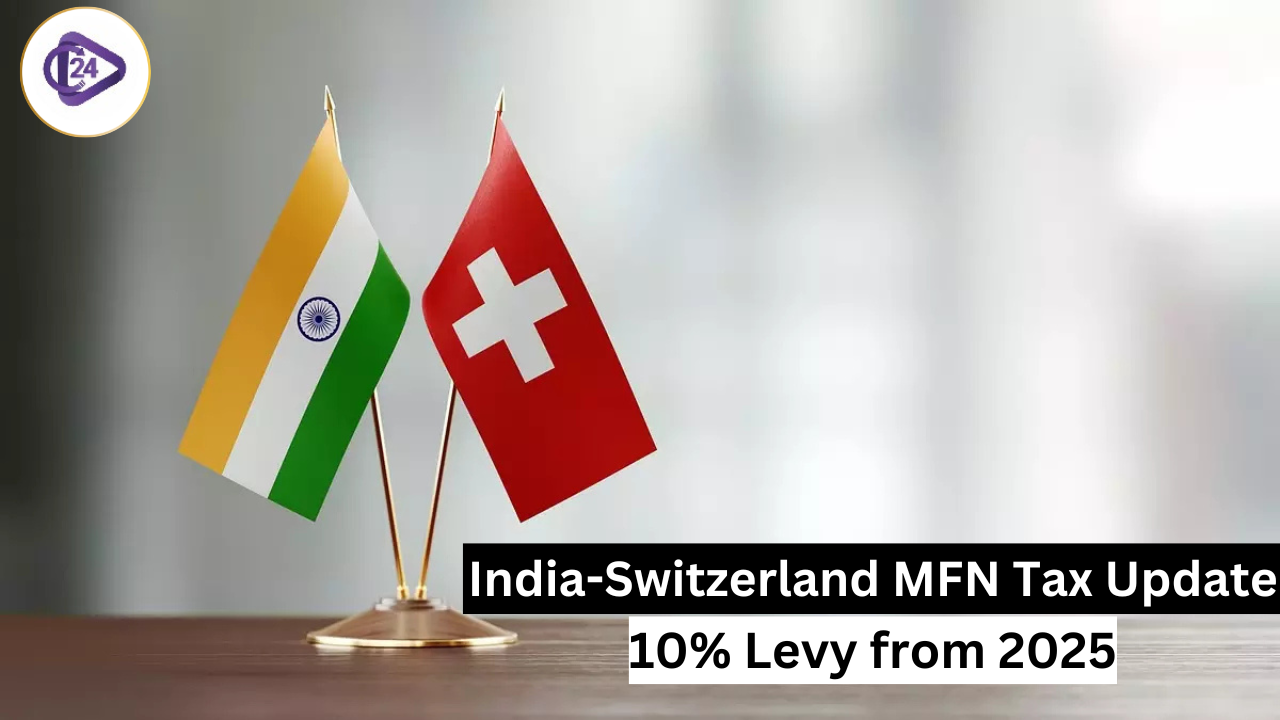
This decision follows an unfavorable judgment by the Indian Supreme Court in a tax case for Nestlé (the Swiss food major) in the same year 2023.In November 2023, the Supreme Court described that MFN clauses in DTAA and Section 90 of India’s Income Tax cannot automatically expand benefits without official notification by the Govt.
In response to it, Switzerland under the ‘Principle of Reciprocity’ for the MFN status of India. As of January 1, 2025, the 10% tax (and not the current 5%) shall apply for Indian tax residents and entities with a request for a refund of the Swiss withholding tax on the dividends.
What is commonly known as the most-favored-nation or MFN clause and the Principle of Reciprocity?
Most Favoured Nation (MFN) status if given to a nation facilitates concessions to tax rates and tariffs. MFN results from the exchanging of MFN status of two nations where this principle is based on the quid pro quo legal fundamentals.
Most favoured nation status is one of the important pillars of the WTO trade law. There is no discrimination between WTO and a single trading partner as any one member of WTO is provided Most favoured nation treatment to all the other members.
In 2023, the Supreme Court ruled that India’s Income Tax Act (Section 90) requires explicit government notification to extend benefits of MFN clauses in DTAA agreements.
In reciprocation to the decision, Switzerland invoked the ‘Principle of Reciprocity' and unilaterally withdrew the MFN status of India.
From January 1, 2025, Switzerland will levy a 10% tax (instead of the current 5%) on dividends payable to Indian tax residents and entities who claim refunds for Swiss withholding tax.
About Double Taxation Avoidance Agreement (DTAA)
A double Taxation Avoidance Agreement is an agreement between two countries to claim relief from additional tax on any amount of tax paid within any of the contracting states.
DTAA must be considered effective as it enables the multinational firm operating in both partner nations to minimize taxes, thus simplifying tax compliance and eradicating cascading impact on tax Dx ease of business.
India-Switzerland Trade Relationship
Switzerland has invested a total of USD 9.9 billion into India between the years 2003 and 2023. This significant increase brings the total of all Swiss investment stocks in India to USD 35 billion as of 2023. These would all be required together for the two nations to maintain a sound bilateral economic relationship, considering how vital they are in equal measure as they speak to gross inflows of funds between the two sovereigns.
Effects of the MFN Withdrawal
-
Includes Increased Tax Burden upon Indian Companies: More taxation will result in increased costs for Indian corporations who benefit from income earned from Switzerland which in turn will lead to them being less profitable than before the ten percent withholding tax is deducted.
-
Reduced Investor Confidence: The problem this presents is that those taxes would discourage investors from doing business in Switzerland and because of this many people would not see any value in investing in Indian companies.
-
Negative Impact on Global Trade Position: This would further complicate the already put off negotiations for Free Trade Agreement (FTAs) with the European Union and many other trade alliances.
-
Higher Regulatory Barriers: The possibility that withdrawal would lead to increase in regulatory requirements on trade would also be possible especially on the pharmaceutical industry in respect of sanitary and phytosanitary measures.
-
Trade and investment gaps, previously occupied by Switzerland, could be filled by China. India, for example, could become a future competitor by establishing strict regulations with Swiss corporations, potentially limiting their activities and stifling trade expansion.
Way forward
-
DTAA would need changes that require examples of MFN to be redrafted or restated and the general equitable framework for arbitration redefined to avoid any possible unreasoned extension of clauses related to trade.
-
Stronger investment protection provisions like BITs are likely to be included in the new social contract, which will encourage investors’ confidence and encourage bilateral trade.
-
Negotiating the EFTA will contribute towards greater India-EFTA trade and expand opportunities for trade between the two regions.
-
The liberalization of doing business in the country, the erosion of the barriers to entry, and the advanced infrastructure are able to enhance European free ease of doing business and hence attract more foreign direct investors.
-
Blockchain will be incorporated into trade agreements, and the creation of fintech collaborations will secure trust and make the trade process dynamic.
Conclusion
Switzerland’s decision to withdraw India's MFN status, along with the tax increase on dividends, could have significant impacts on trade and investment between the two nations. The change highlights the importance of explicit government notifications in bilateral agreements and calls for potential reforms in DTAA clauses. This move may lead to higher taxation on Indian companies and decreased investor confidence. To mitigate this, both countries will need to engage in discussions to revise tax frameworks and strengthen their economic ties.




 International Big Cat Alliance (IBCA): A Global Conservation Initiative
International Big Cat Alliance (IBCA): A Global Conservation Initiative Hamas Confirms Death of Military Leader Mohammed Deif Following Israeli Airstrike
Hamas Confirms Death of Military Leader Mohammed Deif Following Israeli Airstrike India Showcases Cultural Heritage at FITUR 2025 Travel Fair in Madrid
India Showcases Cultural Heritage at FITUR 2025 Travel Fair in Madrid Ireland Appoints Micheál Martin as New Prime Minister
Ireland Appoints Micheál Martin as New Prime Minister Stargate Project: $500 Billion AI Infrastructure Initiative for U.S. Technological Dominance
Stargate Project: $500 Billion AI Infrastructure Initiative for U.S. Technological Dominance India-France Partnership in High-End Technology Sectors
India-France Partnership in High-End Technology Sectors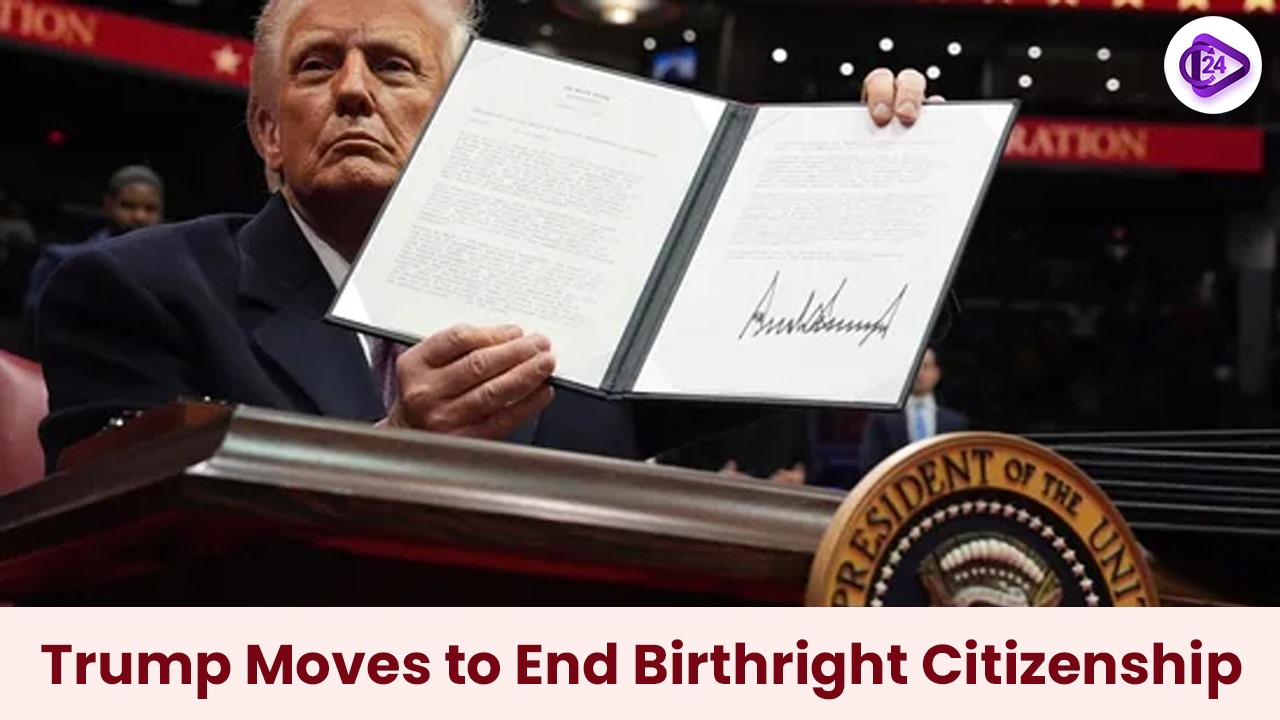 Trump Moves to End Birthright Citizenship: Key Changes & Impact on Indian Nationals
Trump Moves to End Birthright Citizenship: Key Changes & Impact on Indian Nationals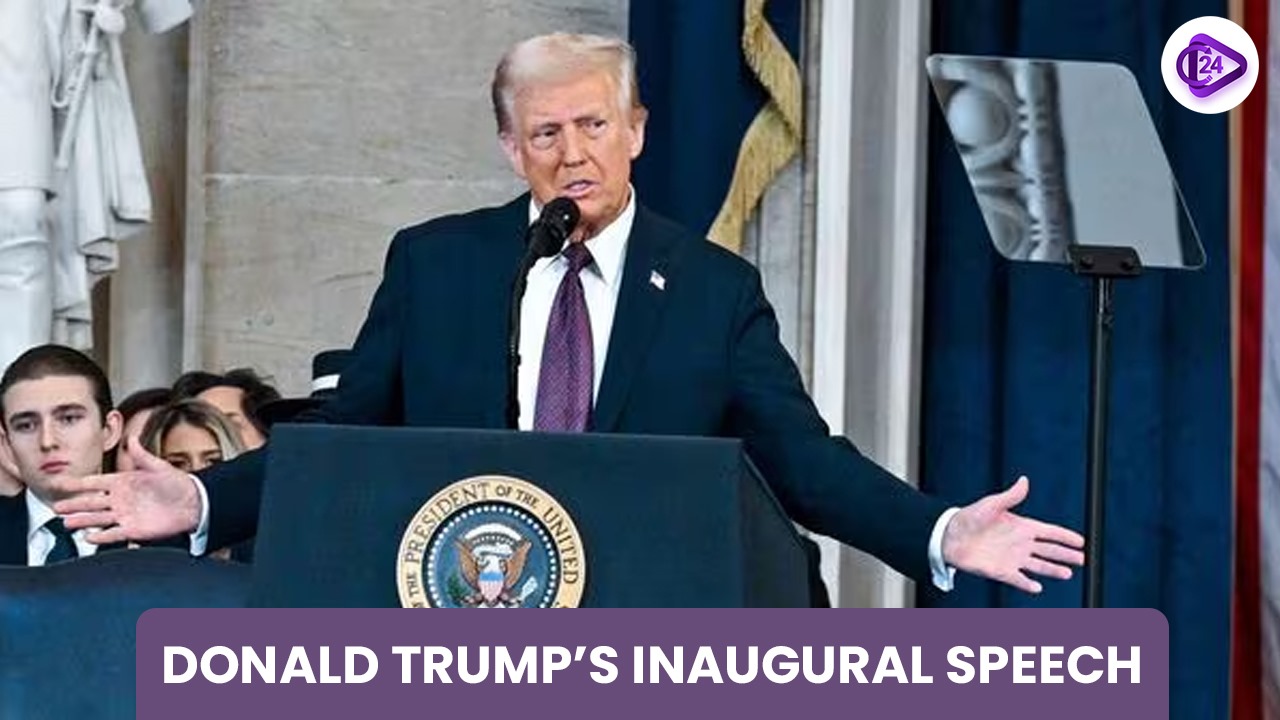 President Donald Trump's Inaugural Address as the 47th President of the United States
President Donald Trump's Inaugural Address as the 47th President of the United States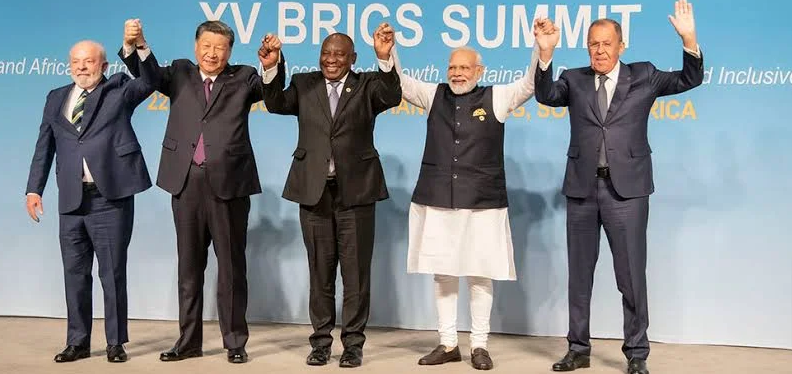 Nigeria Joins BRICS: A Milestone in Global South Collaboration
Nigeria Joins BRICS: A Milestone in Global South Collaboration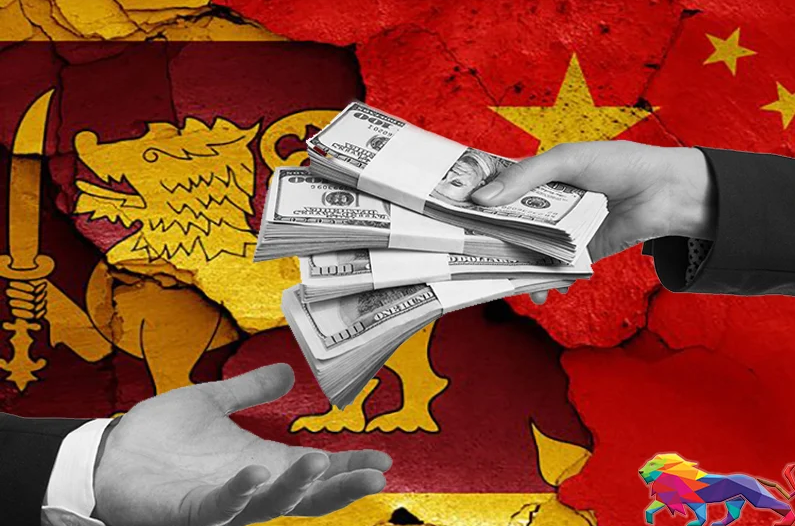 Sri Lanka to Receive Highest FDI from China
Sri Lanka to Receive Highest FDI from China






